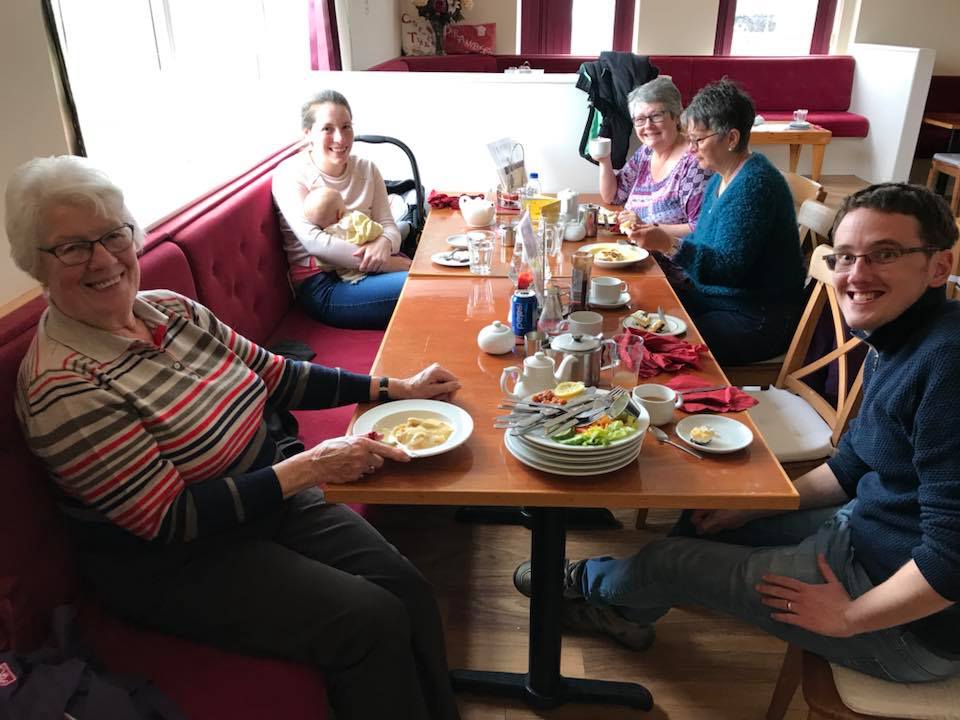Following the refurbishment of our church hall, we had a look into the archives to find some information about when the hall was first built, and found this article that was published in the Free Press in January 1975
Reference was made to the 150th anniversary of the opening of the Reformed Presbyterian Church, in Stranraer, by Rev J. T. Moffett Blair, on Sunday. The congregation is, of course, much older but the present church is now 150 years old.
The first General Assembly of the Presbyterian Church of Scotland met in 1560, and in 1638 the Church bound itself by the National Covenant, and there followed times of severe persecution, and those who held to the Covenant were known as Covenanters or Cameronians.
When the Revolution Church of Scotland was set up in 1690 the Covenanters felt that they could not consistently be part of that Church, and for about sixty years they met as Societies in different parts of the country.
In 1743 they united to form the first Reformed Presbyterian Presbytery and places of worship were erected at suitable centres for the convenience of worshippers. The whole of Galloway formed one congregation but there were many difficulties in working such a large and widespread congregation.
Records show that about 1778 a Jane Blain, living at Kilhilt, resolved to have a R. P. minister at Stranraer. She went to Presbytery at Castle-Douglas with her plea, and ultimately Rev John Fairley came to Kilhilt and preached in the barn there. There was a splendid audience and that was the beginning of the Reformed Presbyterian Church in Stranraer and in due course a small church was built where the present church stands.
It was not until Rev William Symington came to Stranraer that the church began to prosper. It is reported that he was ordained on 18th August, 1819, in the presence of an immense crowd, estimated at about four thousand who assembled in the burying ground adjoining the meeting-house.
For the next twenty years Dr Symington did excellent service for the Church. In a short time the church building proved too small for the large congregations that gathered, and in 1824 it was taken down, and another built on the same sit. This church, which is the present building, was opened for worship on 2nd January, 1825. Rev J. T. Moffett Blair, the present minister, referred to this 150th anniversary in the course of the service on Sunday.
The "Free Press" of 31st June, 1898, reports that plans were passed at the Dean of Guild Court for the erection of a hall on a piece of ground adjoining the church which had been gifted earlier by Sir James Caird for the purpose of improving the amenities of the Church. At that time the site was occupied by an old thatched house, then a smithy and a sculptor's yard. The hall was opened on 1st December 1898 at an estimated cost of £300.







